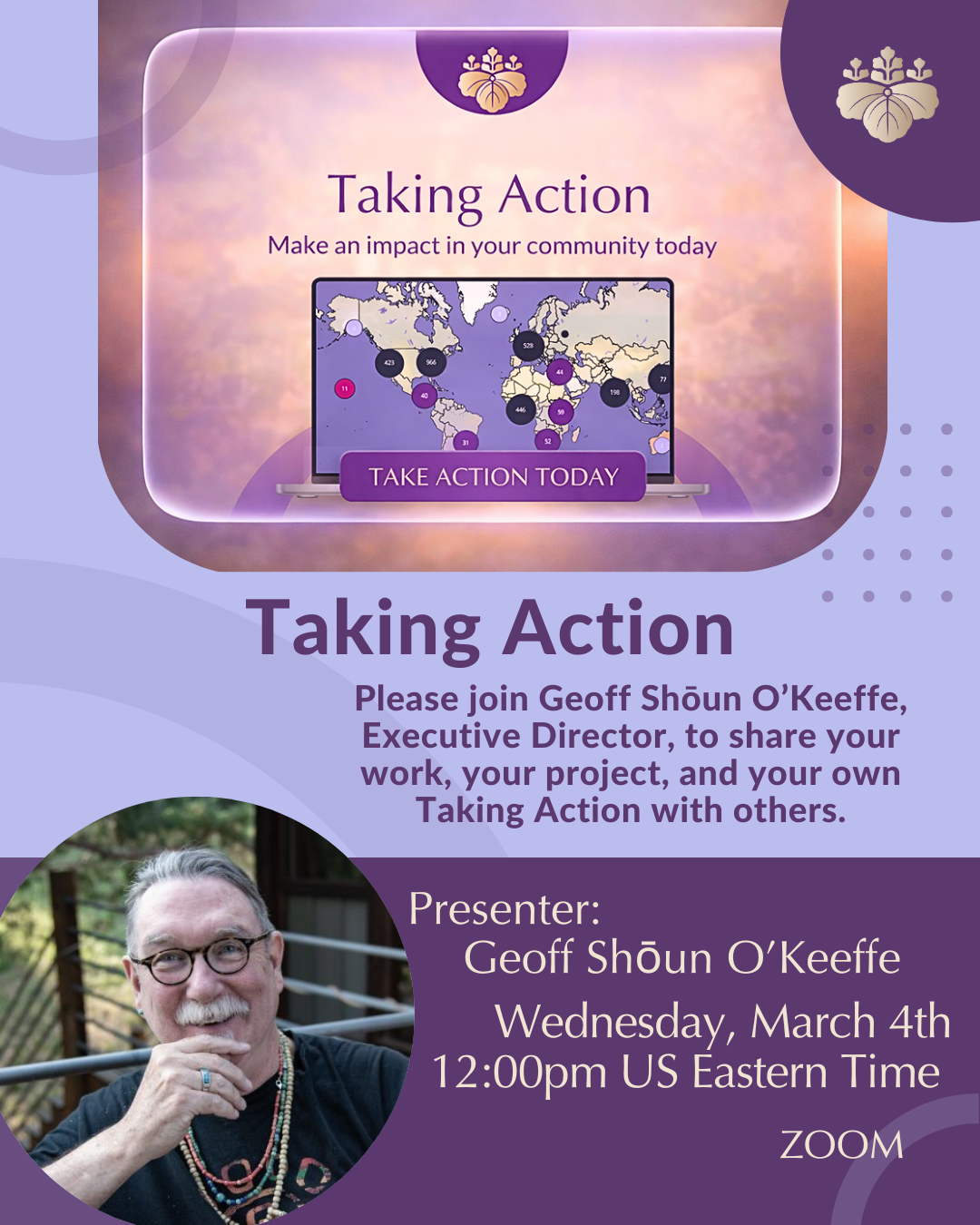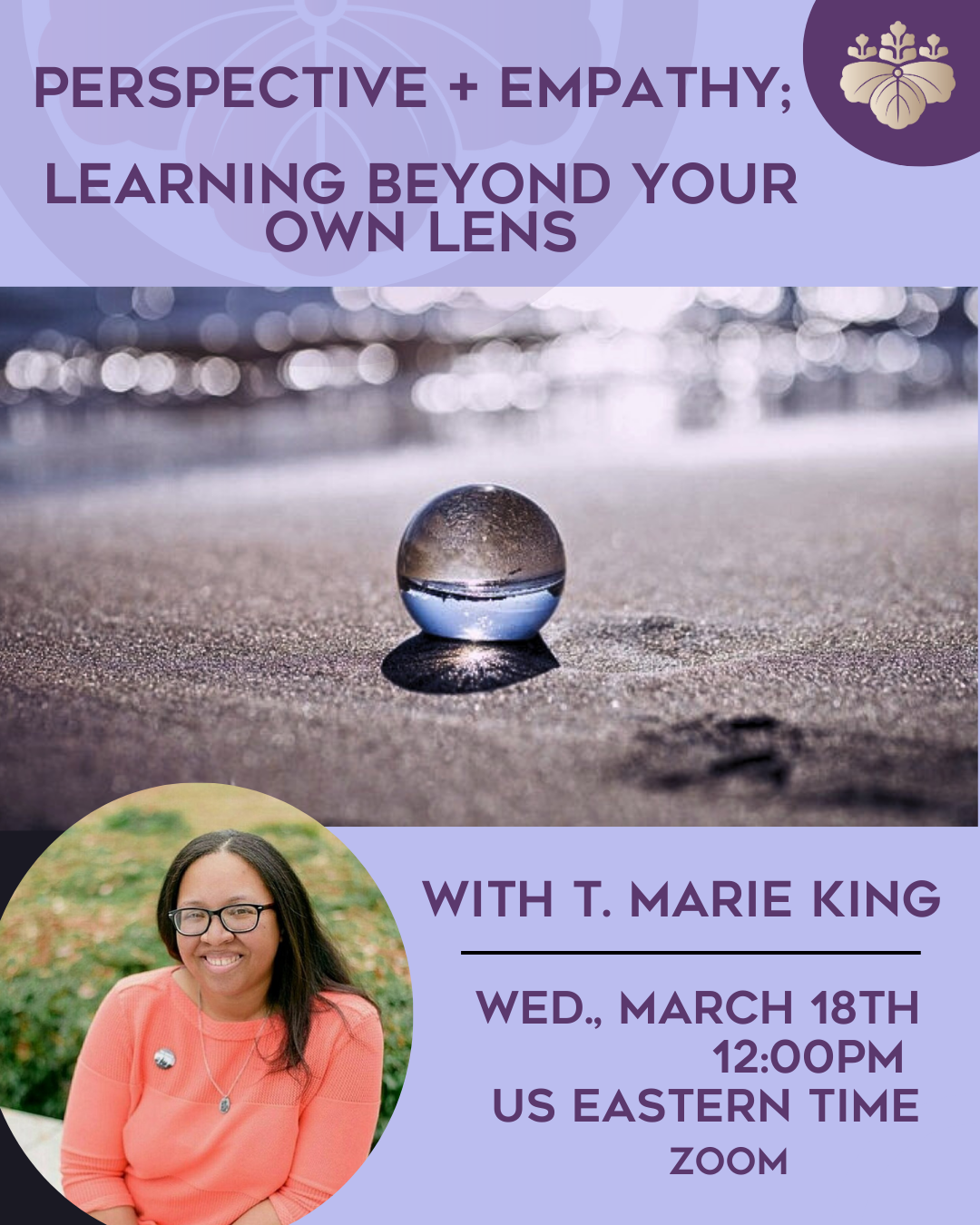I recently participated in a “Bearing Witness Retreat” sponsored by both the Zen Peacemaker Order, based in the U.S. and Memos- Learning from History, based in Rwanda in commemoration of the 20th anniversary of the genocide in Rwanda. Having just returned, I am both deeply grateful for the inspiring human beings I have met and reeling as I process what I have experienced. I come away both devastated and extremely hopeful for our potential as human beings.
Brief history: in 1994, inflamed by their leaders, the largest group in Rwanda called Hutu’s, went on a 100 day rampage of collective insanity with the intention of eliminating the minority, yet socially dominant group, called Tutsi’s. This genocidal campaign in which neighbor turned on neighbor with machete’s and clubs is perhaps the most violent short term instance of genocide in human history. (Note- there is, of course, much more to the story and many angles: how colonialism worked to divide people, aggressions by the Tutsi’s etc., I am only focusing on the specific genocide in the spring of 1994.)
“Genocide is not one million deaths, it is one death a million times”
(quote seen in the Rwanda genocide museum)
We are in the genocide museum in Kigali the capital of Rwanda. The history of these incomprehensible acts is presented through words and large panoramic pictures. I see Allison (name changed for confidentiality), one of the Rwandan retreat participants lingering in front of one picture. Although we do not share a common language we have exchanged deep, warm looks over the previous day. As I stand next to Allison she leans into me. I put my arm around her. She points to the picture: the woman in the picture is missing much of her right arm as is Allison. The woman in the picture has a large cut on the right side of her face as does Allison. Suddenly I see- we are looking at Allison!
I discovered that it is impossible for me to process so many deaths. My body freezes, a lump in my belly won’t move, stuck like an undigested mass. The feelings can not move. When I sit with one person, someone with a name, perhaps their picture, then I can feel my heart torn open and the visceral feeling can actually move through my body. My love and care can come forth. The pain of one is more real that the mass of bodies. Yet to experience this one million times is impossible.
Genocide is a rather new term created in 1944 by Raphael Lemkin, a Polish born Jewish-American jurist to signify the attempt to exterminate an ethnic, religious or racial group. It is more than war for territory. It is the ultimate demonization of a group of people. It is the creation of Us and Them.
Genocide and Otherness
Us and Them. This is the question for all of us. Who is other? Who do we deem unworthy of life? Close to a million people viciously killed by their neighbors. How is it possible to take this into one’s heart? Each one of these people was an individual- a mother, a daughter, son, brother, father. This is not mass killing, it is one real person at a time receiving machete blows or clubbed to death.
Yet this is one instance of many just in the 20th century. Nazi Germany, Cambodia, Armenia, Kosovo and others. We humans do such things, how can we understand that? In each case the group to be exterminated (note the word itself implies insects or vermin) is made to seem less than human. Even in “regular” war soldiers need to create names for the enemy to put aside their connections to humanity. In Vietnam it was “gooks” or “slants”, language used to dehumanize. In Rwanda the Tutsi’s were called “cockroaches” and “snakes” even on the radio and in song.
Roots of Genocide in Everyday Life
I notice we even do this with our ordinary insults of the “other”. Much of our profanity and name-calling has this same message. In politics, calling people “right wing nut jobs” or “socialist a…holes” has a similar intention. It is so easy to create ‘enemy images’ and thus cast-out people from our sense of common humanity and field of caring.
Perhaps we can see the roots of this malicious casting-out in our own self-violence. Our often mean spirited inner dialogue has an intention of exiling that which we can not tolerate. We can not really heal (make whole) anything that has been exiled. Every inner voice is part of who we are and needs to be integrated into our Being. This is true internally and equally true of society’s outcasts- the homeless, the drug dealers, the corporate polluters, and child molesters. How do we learn to differentiate the behavior from the person? We need to vehemently say “no” to certain human actions without casting the person out of our heart. This is the lesson of most genuine spiritual teachings. This is the lesson of good parenting. This is lesson of genocide. Dehumanization is the polar opposite of interconnectedness.
If Africa is the cradle of human life, Rwanda sits near its center. How startling to experience both the greatest darkness and the greatest potential for healing coming forth from one location. Somehow, healing (again, making whole) must occur or the killing will repeat. Rwanda is a potent learning opportunity for humanity. It is not “them” over “there” but “us” over “here”. “They” did not do this to “them”, “we” did this to “us”. We must see our own potential for inhumanity, for unconscionable mass behavior and the implicit dangers of group-think.
The goal in Rwanda is reconciliation. Here in the smallest, most densely populated country on the continent, these people must live with each other. There is no place to move to and they need each other to survive. As most Tutsi’s will tell you, forgiveness is not yet possible. Perhaps some day but not yet. There is a deep, deep level of mistrust. Tolerance of each other is the beginning. This can be followed by some normal human interactions. Working in the fields or meeting in the marketplace. After learning to tolerate the presence of the other and having some interactions, hearing each other’s stories is essential. This includes apologies but even this is tricky as many apologies can be strategic and not from deep in the heart. A big step can occur in a retreat like this in which enough safety is created for truth to be spoken. At this retreat some Tutsi’s sat with Hutu’s for the first time since the genocide. Some even hugged.
Collective Trauma
Seeing one’s neighbors enter a collective insanity in which your loved one’s are viciously killed creates a hole in the heart that may never be filled. As I said, forgiveness is too big a step for most Tutsi’s. Deep contrition is too much for most Hutu’s. To truly acknowledge what one did without the hedge of “I was one of many”, “others did much more” or “Satan took me over” is extremely difficult. Thankfully, healing does not require forgiveness. This is an important distinction. The whole process of forgiveness takes time and perhaps may never be actualized. Healing one’s own wounds is often reflected in the ability to laugh easily, sleep well and deeply connect with others. These abilities might well occur long before true forgiveness is possible.
Every person over 20 years old in Rwanda falls into three categories: Survivor, Perpetrator or Rescuer. All the others are children of someone in these categories. Every person! The whole culture lives in collective trauma. How can you move forward when you have experienced the potential of your neighbor to brutally kill you? Can you ever trust another human again?
This potential for darkness lives in all human beings. For humanity to prosper, to realize our True place as “Human Beings”, I believe our sense of “Inter-being” or interconnectivity must be experienced. The essence of morality comes from the deep experience of connectedness. When we feel “a part of” rather than “apart from” we will act life-giving ways. This begins with a diligent and dedicated practice of self-awareness. Who do I exile from the field of care? Which parts of my inner life are similarly exiled? As I said before, “they” did not do this to “them”, “we” did this to “us”.
The next writing will focus on the retreat and the people.



Reading the above words gave much raw, bone chilling intensity to feel, the polar opposites of love and hate, especially the psychological and spiritual differences between healing and forgiveness as a people struggle to maintain interconnectedness with humanity, somehow reconcile and accept the ambiguities of what is means to be human. Thank you for the clarity to describe an indescribably both painful and hopeful experience.